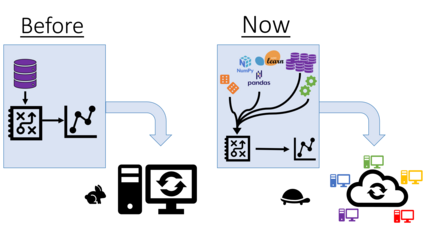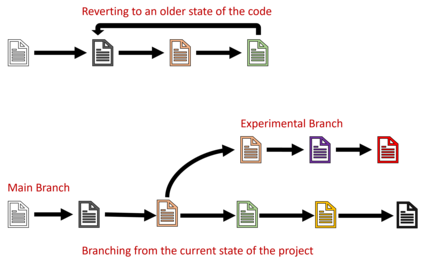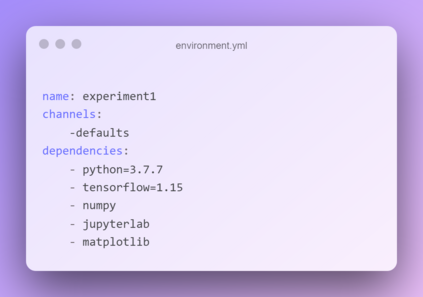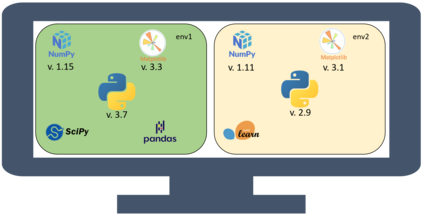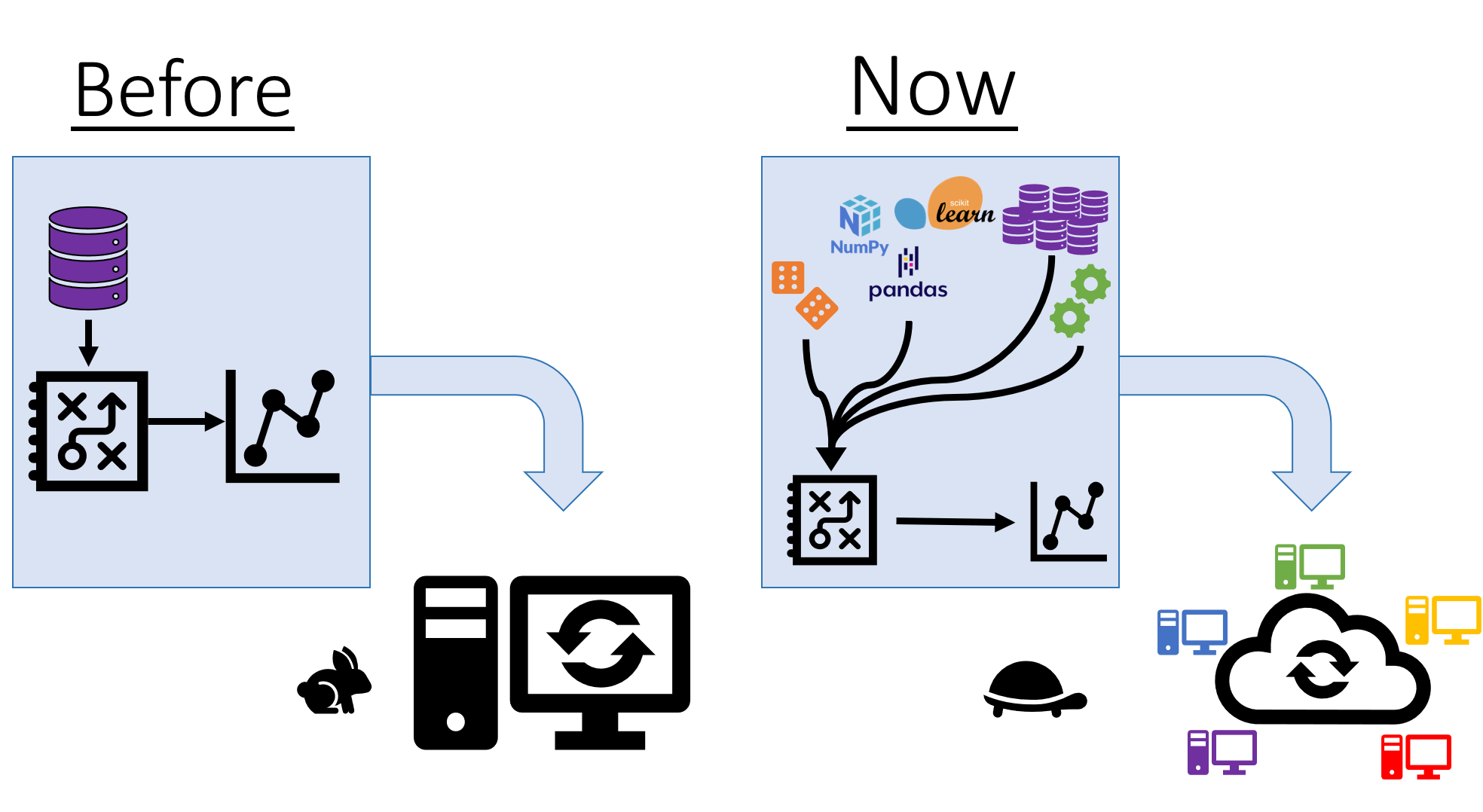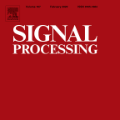Reproducibility is a growing problem that has been extensively studied among computational researchers and within the signal processing and machine learning research community. However, with the changing landscape of signal processing and machine learning research come new obstacles and unseen challenges in creating reproducible experiments. Due to these new challenges most experiments have become difficult, if not impossible, to be reproduced by an independent researcher. In 2016 a survey conducted by the journal Nature found that 50% of researchers were unable to reproduce their own experiments. While the issue of reproducibility has been discussed in the literature and specifically within the signal processing community, it is still unclear to most researchers what are the best practices to ensure reproducibility without impinging on their primary responsibility of conducting research. We feel that although researchers understand the importance of making experiments reproducible, the lack of a clear set of standards and tools makes it difficult to incorporate good reproducibility practices in most labs. It is in this regard that we aim to present signal processing researchers with a set of practical tools and strategies that can help mitigate many of the obstacles to producing reproducible computational experiments.
翻译:然而,随着信号处理和机器学习研究不断变化的格局,在创造可复制的实验方面出现了新的障碍和不可见的挑战。由于这些新的挑战,大多数实验都变得难以(甚至不可能)由独立研究人员复制。2016年,《自然》杂志进行的一项调查发现,50%的研究人员无法复制自己的实验。虽然文献中,特别是信号处理界已经讨论了再复制的问题,但大多数研究人员仍然不清楚,在不干扰其开展研究的主要责任的情况下,确保再复制的最佳作法是什么。我们感到,尽管研究人员理解使实验可复制的重要性,但缺乏一套明确的标准和工具使得难以在大多数实验室采用良好的再复制做法。我们在这方面的目标是向信号处理研究人员提供一套实用的工具和战略,帮助减少制作可复制的计算实验的许多障碍。

